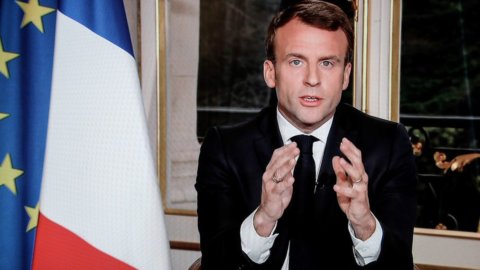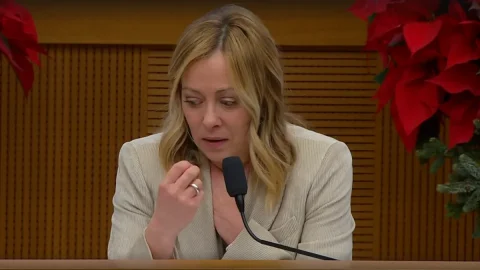PattiChiari, the consortium of Italian banks chaired by Filippo Cavazzuti and dedicated to banking transparency and financial education, has promoted on its website – precisely for the purpose of develop financial education in Italian schools in new forms – the opening of a new section reserved for parents and teachers of humanities subjects (http://www.economiascuola.it/). This section of the site solicits, on an experimental basis, the teachers themselves to submit to the attention of their students some literary masterpieces that contain explicit references to financial topics. “It's a transversal method to the teaching subjects which – explains Cavazzuti – can stimulate the curiosity and learning of some elements of finance in children and prevent the introduction of “financial education time” in a sterile and stale way. which would meet the fateful end of civic education.
For example in the window "The economics in letters” (http://www.economiascuola.it/) you can already find some initial indications of the type:
a) the initial chapters of “FURORE"of Steinbeck dedicated to the great crisis of 1929 make young readers understand the effects of the sub prime crisis better than the antics of contemporary commentators;
b) the chapter of the "Count of Montecristo“, by Dumas dedicated to the “Telegraph” recounts with great clarity a case of “information manipulation of the financial market. As well as the works of Oscar Wilde ("The ideal husband") and Maupassant ("Bel-Ami") tell cases of insider trading. The first with reference to the actions of the Suez Canal, the second in the case of the Moroccan public debt;
c) Italo Svevo ( "Zeno's conscience”) describes the inability to manage a business venture even relying on the stock exchange as a way to success
d) "Tulip fever", from Mike Dash it is the masterful tale of the euphoria and irrationality of the financial markets;
e) The presumption of possessing the secret of how to always win the game (assuming the relative risks, as in the case of the stock exchange) drives the protagonist of the "Queen of spades"of Pushkin.
After these first indications Cavazzuti is now launching an appeal to scholars and teachers to report other literary works connected to finance so that PattiChiari can proceed to put a rich bibliography on the web to be submitted (obviously free of charge like all PattiChiari initiatives) to the attention of humanities teachers, also in order to stimulate their curiosity.
For example in the window “The economy in letters” (http://www.economiascuola.it/) you can already find some first and tentative indications of the type:
a) the initial chapters of Steinbeck's "Furore" dedicated to the great crisis of 1929 make young readers understand the effects of the sub prime crisis better than the antics of contemporary commentators;
b) the chapter of the "Count of Monte Cristo, by Dumas) dedicated to the" Telegraph "recounts with great clarity a case of" information manipulation of the financial market. Just as the works of Oscar Wilde ("the ideal husband") and Maupassant ("Bel-Ami") tell of cases of insider trading. The first with reference to the actions of the Suez Canal, the second in the case of the Moroccan public debt;
c) Italo Svevo ("Zeno's conscience") describes the inability to manage a commercial adventure even trusting the stock exchange as a way to success
d) "Tulip fever", by Mike Dash) is the masterful account of the euphoria and irrationality of the financial markets;
e) The presumption of possessing the secret of how to always win at the game (assuming the relative risks, as in the case of the stock exchange) drives the protagonist of Pushkin's "Queen of Spades" to madness.
And so on.
I'm bothering you today to ask you, if during your summer readings (or in your memories) you happen to come across other literary works worthy of being reported to the teachers (and the parents of the children) to give me a brief report, so that PattiChiari can proceed to put on the web a rich bibliography to be submitted (obviously free of charge like all PattiChiari initiatives) to the attention of humanities teachers, also in order to stimulate their curiosity.
Grateful for how much you want to contribute to this completely experimental (and free) educational project, I wish you the best summer holidays and… the best readings.
Philip Cavazzuti
(in my capacity as President pro tempore of PattiChiari)






I point out "Slexic family" by Guido Viale ed.interno4